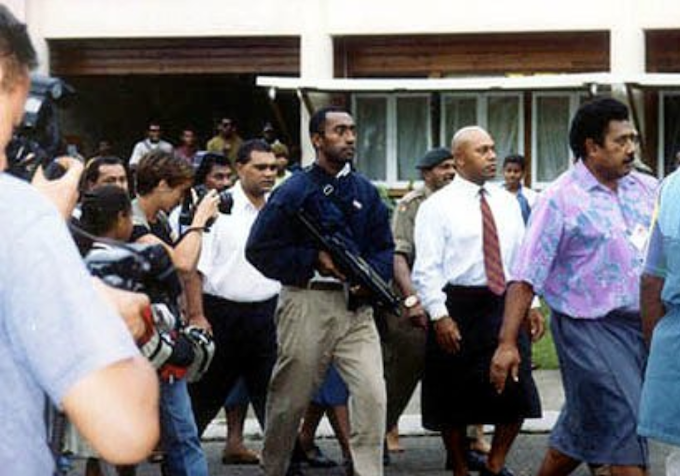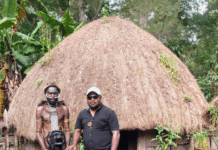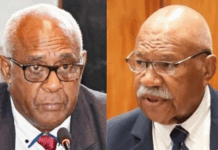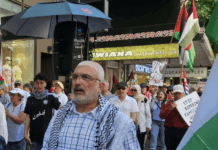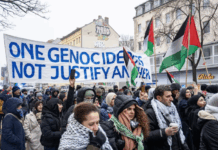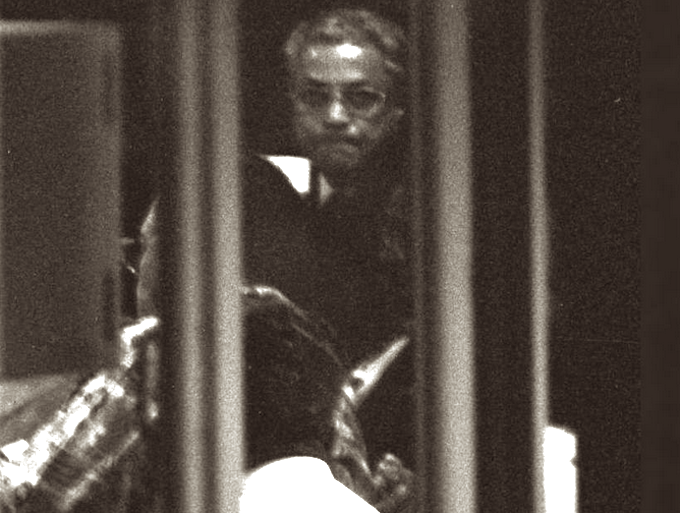
By Vijay Narayan, news editor of Fijivillage News
Today marks the 25th anniversary of the May 19, 2000, coup led by renegade businessman George Speight.
The deposed Prime Minister, Mahendra Chaudhry, says Speight’s motive had less to do with indigenous rights and a lot more to do with power, greed, and access to the millions likely to accrue from Fiji’s mahogany plantation.
On this day 25 years ago, the elected government was held hostage at the barrel of the gun, the Parliament complex started filling up with rebels supporting the takeover, Suva City and other areas in Fiji were looted and burnt, and innocent people were attacked just because of their race.
- READ MORE: Fiji Women’s Crisis Centre coordinator Shamima Ali reflects on the 2000 coup
- Archive: Fiji – why the media were also Speight’s hostages
- Other Fiji coup reports
Chaudhry said indigenous emotions were “deliberately ignited to beat up support for the treasonous actions of the terrorists”.
He said the coup threw the nation into chaos from which it had not fully recovered even to this day.
Chaudhry said using George Speight as a frontman, the “real perpetrators” of the coup, assisted by a group of armed rebels from the Republic of Fiji Military Forces (RFMF), held Chaudhry and members of his government hostage for 56 days as they plundered, looted and terrorised the Indo-Fijian community in various parts of the country.
The Fiji Labour Party leader said that, as with current Prime Minister Sitiveni Rabuka, who led the first two coups in 1987, so with Speight in May 2000, that the given reason for the treason and the mayhem that followed was to “protect the rights and interests of the indigenous community”.
Chaudhry said today that it was widely acknowledged that the rights of the indigenous community was not endangered either in 1987 or in 2000.
He added that they were simply used to pursue personal and political agendas.
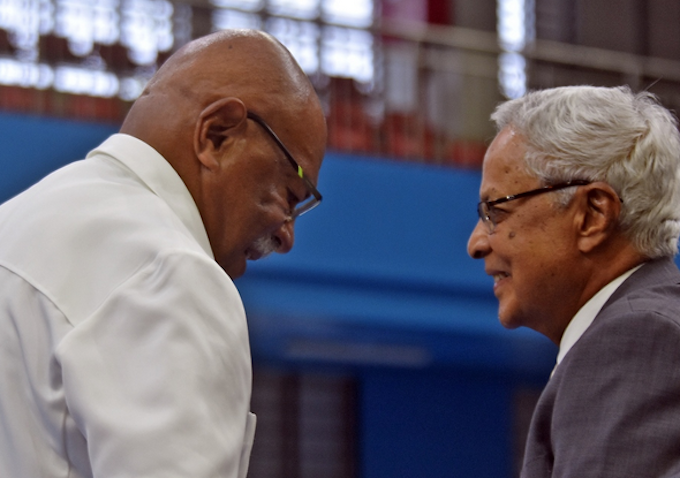
The FLP leader said those who benefitted were the elite in Fijian society, not ordinary people.
Chaudhry said this was obvious from current statistics which showed that currently the iTaukei surveyed made up 75 percent of those living in poverty.
He said poverty reports in the early 1990s showed practically a balance in the number of Fijians and Indo-Fijians living in poverty.
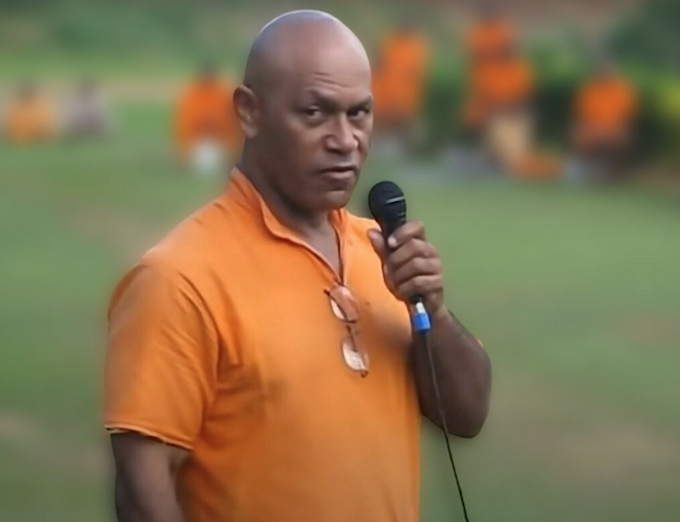
The former prime minister says it was obvious that the coups had done nothing to improve the quality of life of the ordinary indigenous iTaukei.
Instead, he said the coups had had a devastating impact on the entire socio-economic fabric of Fiji’s society, putting the nation decades behind in terms of development.
Fiji Women’s Crisis Centre coordinator Shamima Ali reflects on the 2000 coup.
Chaudhry said the sorry state of Fiji today — “the suffering of our people and continued high rate of poverty, deteriorating health and education services, the failing infrastructure and weakened state of our economy” — were all indicators of how post-coup governments had failed to deliver on the expectations of the people.
He said: “It is time for us to rise above discredited notions of racism and fundamentalism and embrace progressive, liberal thinking.”
Chaudhry added that leaders needed to be judged on their vision and performance and not on their colour and creed.
Republished with permission from FijiVillage News.
